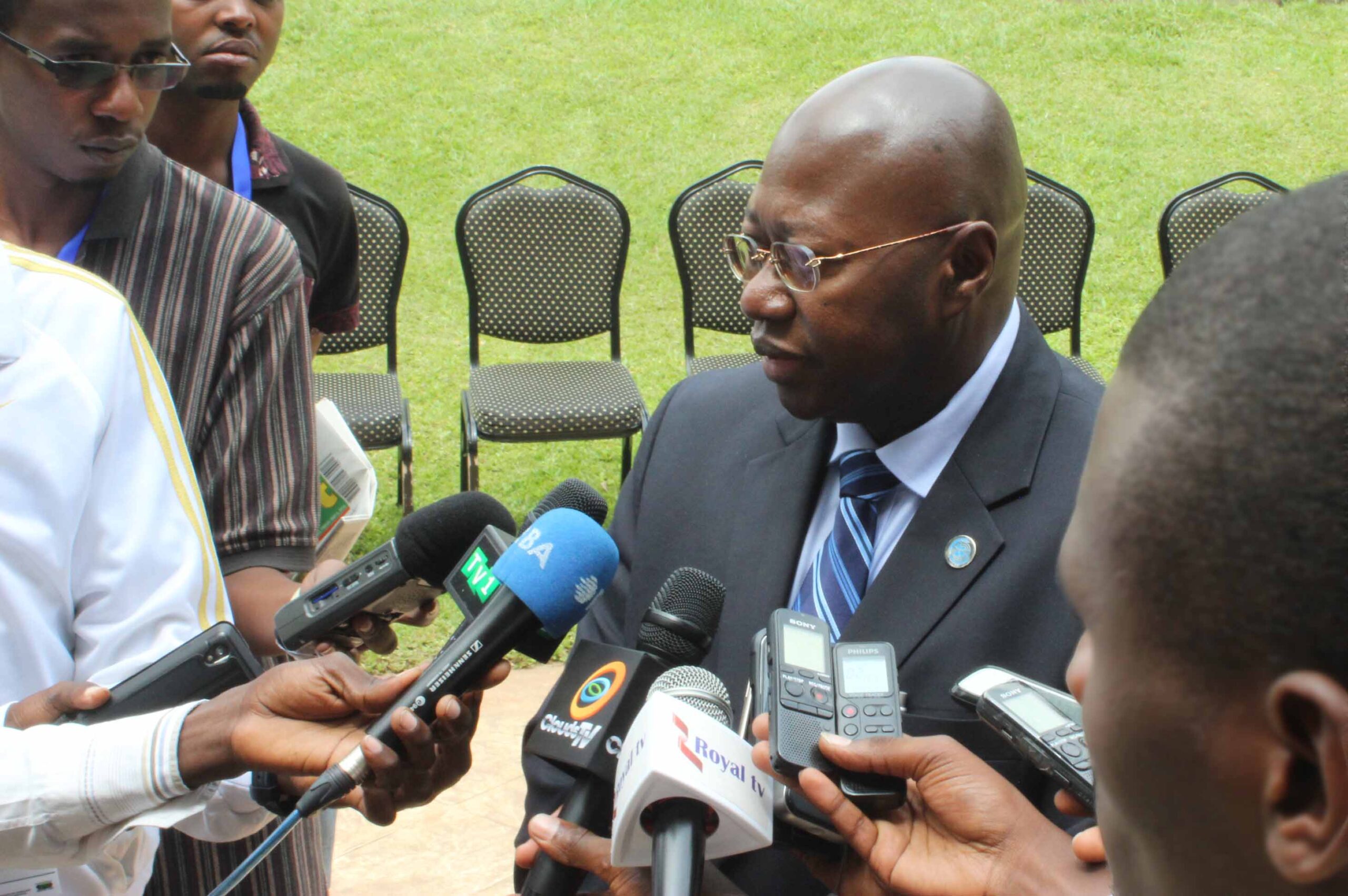Rwanda remains one of the lowest-ranked countries for press freedom. In the 2024 World Press Freedom Index, Reporters Without Borders placed Rwanda 144th out of 180 countries, citing deep restrictions on media. Similarly, Freedom House classifies Rwanda as “Not Free”, citing systemic suppression of fundamental freedoms.
Why Rwanda Ranks So Low?
• Government Control
Most media outlets are state-owned or government-influenced, eliminating independent journalism.
• Legal Restrictions
Vague laws are weaponized to silence critical voices and target journalists with harassment and prosecution.
• Climate of Fear
Dissent is criminalized. Fear of arrest, torture, or surveillance leads many journalists to self-censor.
• Limited Independent Media
Rwanda’s media environment is dominated by state-run outlets, leaving little room for free, investigative reporting.
Jailed and Tortured for Reporting the Truth
Numerous journalists and YouTubers have been imprisoned and allegedly tortured in Mageragere Prison. Among them are:
• Dieudonné Niyonsenga (aka Cyuma Hassan, Ishema TV)
• Rachid Hakuzimana, Karasira Aimable, Idamange Iryamugwiza Yvonne (YouTubers)
• Théoneste Nsengimana (Umubavu TV)
• Nkundimana Jean Paul, Gakire Fidele, and Phocas Ndayizera
Niyonsenga, Idamange, and Karasira are reportedly enduring inhumane treatment, while Nsengimana has remained in detention without trial for over two years.
The Committee to Protect Journalists (CPJ) condemned the torture allegations against Niyonsenga and demanded his unconditional release. He is currently serving a seven-year sentence.
Suspicious Deaths and Disappearances
In January 2023, journalist John Williams Ntwali, founder of Pax TV – IREME News and editor of The Chronicles, died in a suspicious road accident. Despite pressure from Human Rights Watch, authorities refused an independent investigation.
Other journalists killed under the current regime include:
• Ingabire Charles (Inyenyeri News)
• Jean-Léonard Rugambage (Umuvugizi)
Additionally, several have disappeared without a trace, including:
• Ntamuhanga Cassien (2021)
• Jean de Dieu Ndamira (2018)
• Aimé Ntabana (2013)
A Life in Exile
More than 50 Rwandan journalists are currently living in exile, including the author of this article. Their “crime”? Exposing government misconduct, military abuse, and speaking truth to power
Many imprisoned journalists face fabricated charges such as:
• Genocide denial
• Inciting unrest
• Spreading misinformation
These accusations serve as tools to silence dissent and criminalize journalism.
No Room for a Free Press
In functioning democracies, the media informs and educates the public while holding power to account. In Rwanda, however, journalists are treated as enemies of the state. The government’s rigid, top-down political model suppresses opposing views, and journalists who challenge the status quo are branded “Ibigarasha” (worthless cards ), accused of conspiring with so-called enemies of the nation.
